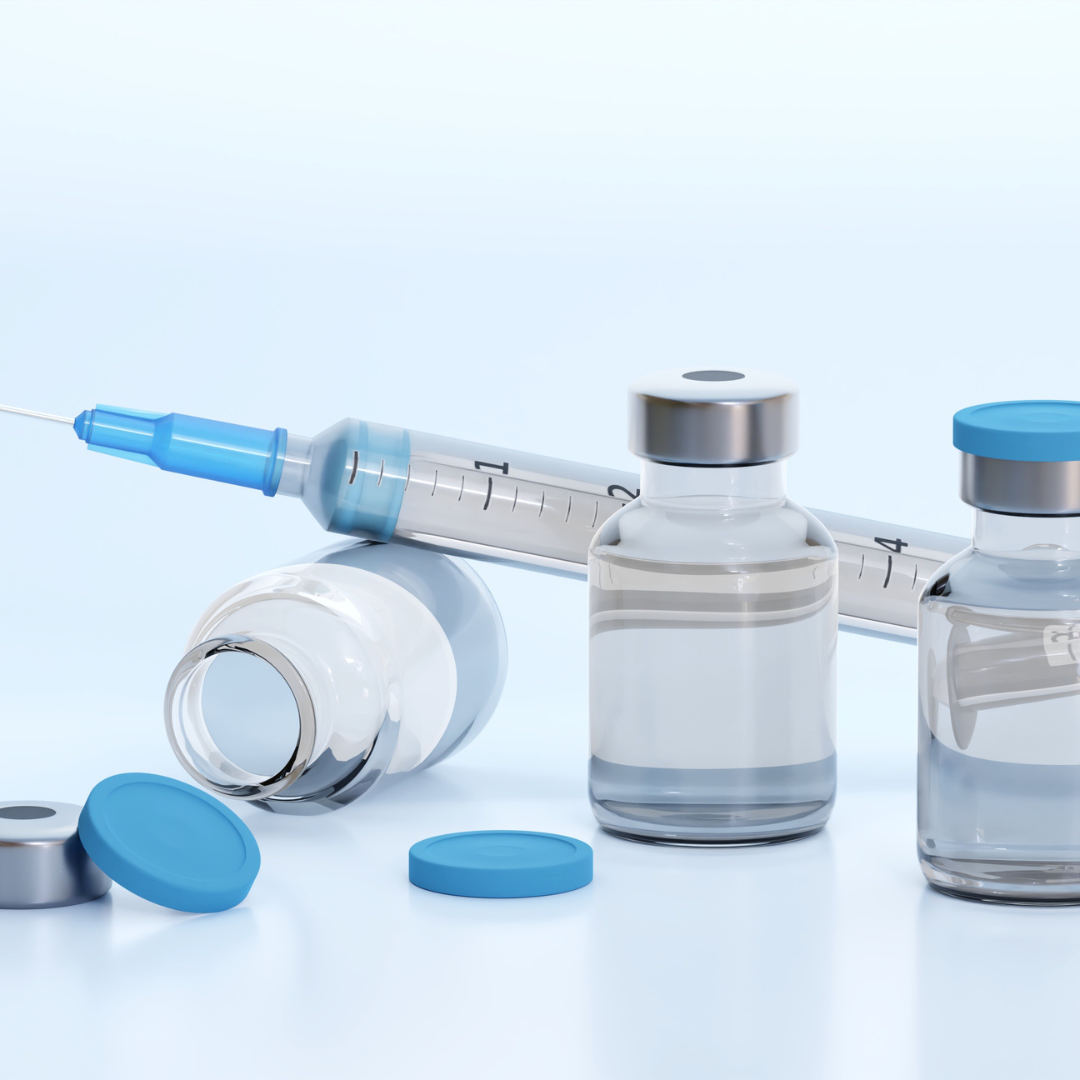In the dynamic landscape of vaccine development, the contributions of cGMP (current Good Manufacturing Practice) pharmaceutical manufacturers are pivotal in advancing immunization. This blog post aims to shed light on the critical role that these manufacturers play in vaccine adjuvant development. By adhering to stringent cGMP guidelines, they ensure the highest standards of quality, safety, and efficacy throughout the production process. Join us on this informative journey to understand how cGMP pharmaceutical manufacturers enable the creation of reliable and effective vaccine adjuvants, ultimately contributing to global health.
Understanding cGMP and Vaccine Adjuvants:
To comprehend the role of cGMP pharmaceutical manufacturers in vaccine adjuvant development, it is crucial to understand the essence of cGMP guidelines and the significance of adjuvants in vaccines. cGMP refers to the set of regulations and guidelines established by regulatory authorities to ensure the quality, safety, and consistency of pharmaceutical products.
Vaccine adjuvants are substances added to vaccines to enhance the body’s immune response. They help vaccines generate a stronger and longer-lasting immune reaction, leading to increased efficacy. Adjuvants can improve vaccine effectiveness by boosting the immune response, reducing the required vaccine dosage, and increasing the protection duration.
The Importance of cGMP Compliance:
cGMP compliance is vital in vaccine adjuvant development as it ensures the consistent production of safe and effective products. cGMP pharmaceutical manufacturers adhere to a strict set of guidelines that cover every aspect of production, including sourcing raw materials, facility design, equipment calibration, personnel training, quality control, and record-keeping.
By complying with cGMP regulations, manufacturers ensure that vaccine adjuvants meet the highest quality standards throughout the entire production process. This adherence to cGMP guidelines helps prevent contamination, batch variability, and other potential risks that could compromise the safety and efficacy of the vaccine.
Rigorous Quality Control Measures:
One of the key responsibilities of cGMP pharmaceutical manufacturers in vaccine adjuvant development is implementing robust quality control measures. These measures are crucial to ensure the consistency and safety of vaccine adjuvants. Manufacturers employ sophisticated technologies and advanced analytical methods to test raw materials, intermediate products, and final vaccine adjuvant formulations.
Quality control measures include tests to verify the identity, purity, potency, and stability of vaccine adjuvants. Various analytical techniques, such as high-performance liquid chromatography (HPLC), mass spectrometry (MS), and nuclear magnetic resonance (NMR), are employed to assess the quality attributes of adjuvant components. These rigorous tests and analyses enable manufacturers to identify and eliminate any impurities or deviations that could affect the safety or performance of the adjuvants.
Expertise and Innovation:
cGMP pharmaceutical manufacturers possess extensive expertise and experience in cGMP vaccine adjuvant development. They employ skilled scientists, researchers, and technicians who stay up to date with the latest scientific advancements and regulatory requirements. This expertise allows them to contribute to the continuous improvement and innovation of vaccine adjuvant manufacturing processes.
By leveraging their knowledge, manufacturers can develop novel formulations, optimize production techniques, and introduce advanced technologies to enhance the quality, efficacy, and safety of vaccine adjuvants. Their collaborative efforts with researchers, academic institutions, and regulatory bodies help drive innovation in the field of vaccine adjuvant development.
Ensuring Supply Chain Integrity:
cGMP pharmaceutical manufacturers play a crucial role in maintaining the integrity of the vaccine adjuvant supply chain. They establish robust supply chain management systems to ensure the traceability and reliability of raw materials and components used in vaccine adjuvant production. By carefully selecting suppliers and conducting thorough audits, manufacturers ensure that all materials meet the necessary quality standards and regulatory requirements.
Furthermore, cGMP pharmaceutical manufacturers implement stringent storage and handling procedures to prevent contamination, degradation, or mishandling of vaccine adjuvants throughout the supply chain. Temperature-controlled storage facilities, proper labeling, and secure packaging are all essential aspects of maintaining the integrity of vaccine adjuvants during transportation and distribution.
Regulatory Compliance and Safety:
cGMP pharmaceutical manufacturers place significant emphasis on regulatory compliance to ensure the safety and efficacy of vaccine adjuvants. They closely follow guidelines and regulations set forth by regulatory authorities such as the U.S. Food and Drug Administration (FDA), the European Medicines Agency (EMA), and other global regulatory bodies.
Manufacturers undergo regular inspections by regulatory agencies to validate their compliance with cGMP regulations. These inspections assess various aspects, including facility cleanliness, documentation practices, record-keeping, quality control procedures, and adherence to standard operating procedures (SOPs).
Adhering to cGMP guidelines not only ensures regulatory compliance but also demonstrates a commitment to patient safety. By strictly following these standards, manufacturers reduce the risk of product contamination, cross-contamination, and other potential hazards that could compromise the safety and effectiveness of vaccine adjuvants.
Collaboration and Partnerships:
The role of cGMP pharmaceutical manufacturers in vaccine adjuvant development extends beyond their internal operations. They actively engage in collaborative partnerships with vaccine developers, researchers, and academic institutions to foster innovation, knowledge sharing, and advancements in vaccine technology.
Through collaborations, manufacturers contribute to the optimization of vaccine formulations, the evaluation of adjuvant efficacy, and the identification of new adjuvant candidates. These partnerships facilitate the exchange of expertise and resources, leading to the development of safer and more effective vaccine adjuvants.
Conclusion:
cGMP pharmaceutical manufacturers play a vital role in vaccine adjuvant development, ensuring the quality, safety, and efficacy of these critical components. By adhering to stringent cGMP guidelines, implementing rigorous quality control measures, and maintaining regulatory compliance, they contribute to the production of reliable and effective vaccine adjuvants. These manufacturers bring expertise, innovation, and collaboration to the table, enabling the continuous improvement of vaccine adjuvant manufacturing processes. With their commitment to patient safety and supply chain integrity, cGMP pharmaceutical manufacturers are instrumental in advancing global health through the development of safe and efficacious vaccines.
